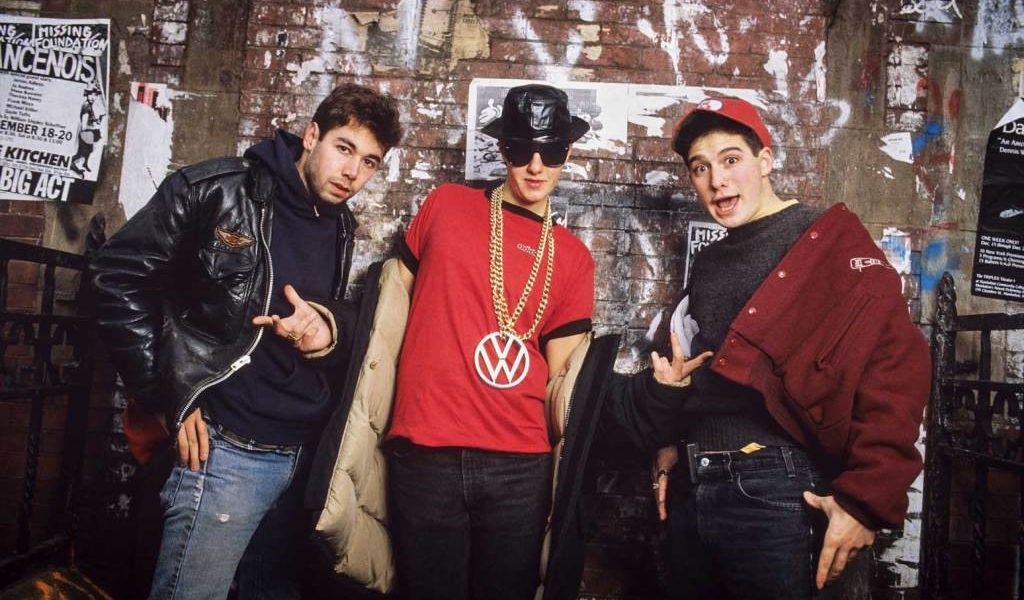Universal Music Group (UMG) and the iconic Beastie Boys have successfully negotiated confidential settlements to conclude their lawsuits against the restaurant chain Chili’s. These lawsuits centered around allegations that Chili’s utilized their music in social media advertising campaigns without obtaining the necessary permissions, raising important issues related to copyright infringement and licensing in the music industry.
On May 21, two significant court filings revealed that Brinker International, the parent company of Chili’s, reached settlements with both UMG and the Beastie Boys during a mediation session held two weeks prior. The specifics of these settlements remain undisclosed, which is common practice in similar legal disputes, leaving many to speculate about the terms and conditions involved in these agreements.
Both UMG and the Beastie Boys initiated their legal actions against Brinker in 2024. They claimed that Chili’s had prominently featured their copyrighted music in various advertisements on platforms such as TikTok, Instagram, and other social media channels. The lawsuit highlighted the lack of acquired “synch” licenses, which are essential for brands looking to incorporate specific songs into their commercial and promotional material legally.
While social media platforms offer vast libraries filled with licensed music for users to enhance their videos, it’s crucial for brands to understand that a special synch license must be purchased to include a song in any commercial context. This legal requirement protects the rights of music creators and ensures that they are compensated fairly for their work when used in promotional efforts.
The Beastie Boys, known for their strong stance against using their music in advertisements, claimed in a July lawsuit that Brinker unlawfully incorporated their legendary 1994 track “Sabotage” into a promotional video without authorization. This infringement not only raises questions about copyright but also the ethics of using cultural icons in marketing without proper approval.
To further exacerbate the issue, the Beastie Boys alleged that the advertisement in question depicted three men sporting “70s-style” wigs, fake mustaches, and sunglasses, mimicking a “robbery” of food ingredients from a Chili’s location. They argued that these visuals were an unmistakable homage to the “Sabotage” music video, which features band members Adam “Ad-Rock” Horovitz, Michael “Mike D” Diamond, and the late Adam “MCA” Yauch in similar garb, thus intensifying their claim of infringement.
Following up on these legal actions, UMG filed its own lawsuit in October, alleging that a multitude of Chili’s social media advertisements incorporated unlicensed music from their catalog. UMG’s claims extended to over 60 songs from notable artists such as Ariana Grande, Justin Bieber, Mariah Carey, Lady Gaga, Snoop Dogg, Lana Del Rey, ABBA, Luke Bryan, Travis Scott, Bruno Mars, Lil Nas X, Earth Wind & Fire, and The Weeknd, demonstrating a widespread issue of copyright infringement in the restaurant’s marketing practices.
According to the court filings submitted on Wednesday, both UMG and the Beastie Boys have reached agreements “in principle” to resolve their disputes against Brinker. These settlement agreements are currently being finalized, and it is anticipated that both lawsuits will be officially concluded by early July, marking a significant resolution in this high-profile case involving music rights and commercial use.
A representative from UMG declined to provide any comments regarding the settlement developments. Additionally, spokespeople representing both the Beastie Boys and Brinker have not yet responded to requests for further comments, leaving the public eager for more information about the outcome of this notable legal matter.
In recent years, a growing number of brands have faced legal challenges from music companies and artists regarding the unauthorized use of copyrighted songs in social media advertisements. For instance, in 2021, all three major record labels filed lawsuits against the drink manufacturer Bang Energy for similar infractions, resulting in significant rulings that favored both UMG and Sony.
Moreover, in July, Kobalt and various music publishers initiated lawsuits against over a dozen NBA teams for their use of songs in social media content, leading to a series of settlements earlier this year. Just last month, a Ford dealership in the Detroit area settled allegations that it unlawfully featured Eminem’s renowned track “Lose Yourself” in TikTok videos, highlighting the ongoing challenges of copyright compliance in the digital advertising landscape.

Here you can find the original article; the photos and images used in our article also come from this source. We are not their authors; they have been used solely for informational purposes with proper attribution to their original source.





